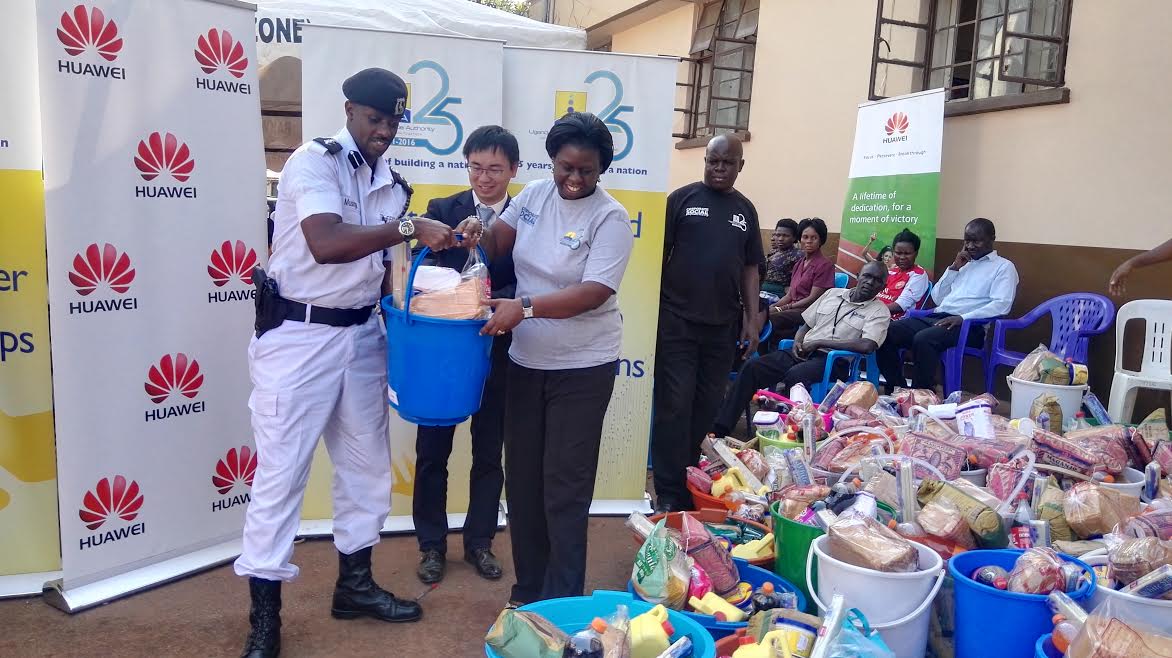As part of its commitment to transforming lives in communities, Stanbic Bank Uganda has supported a key literacy initiative in partnership with USAID with the handover of reading cards worth UGX 20 million aimed to provide to primary school pupils with reading materials.
The durable and simplified reading cards contain stories in local languages relevant for children between 5 to 10 years of age. The materials have been specially crafted with local content that can be used by the children with their parents, family or on their own as part of their efforts to improve their reading skills.
The handover of the reading cards is part of the bank’s partnership with the USAID/Uganda Literacy Achievement and Retention Activity project being implemented by the Ministry of Education and Sports through the learning campaign themed ‘’ Tusomere Wamu’’.
The campaign was started in response to a 2016 study by the Ministry that identified low levels of parental engagement in children’s reading practice at home to be a major cause of low literacy levels in Uganda.
The reading cards will be distributed to pupils in primary schools between classes 1 through 4. The goal being to empower young minds in their developmental years using tools which are children friendly and interesting.
Consilous Rwanyonga, a Senior Education Specialist with the Ministry of Education said, “The Ministry of Education’s Uganda Learning Campaign: Tusomere wamu is based on pilot initiatives implemented in Mityana District earlier this year. It is informed by the notion that there is a need for greater parental involvement in their children’s reading development. When parents and teachers partner, there are better outcomes for learning. Conversations between parents and children matter, as children’s brains are developing the vocabulary they learn, as well as practice forming sentences prepares them with pre-reading skills. We are therefore asking parents to seize the opportunity to help their children learn to read.”
The cards will be issued to selected schools in Kiboga and Buvuma districts that received fewer cards during the pilot initiatives, relative to their current class enrolment as top Districts.




